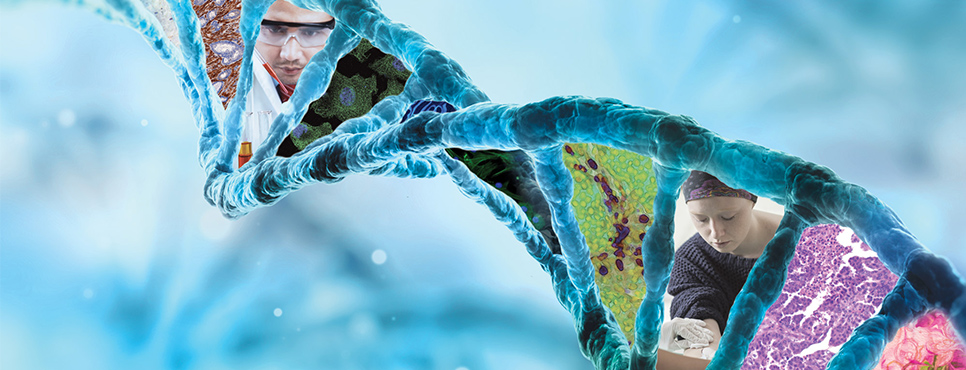Educational Formats
The scientific program for the workshop utilizes five different educational formats to effectively deliver the principles of translational cancer research.
The Workshop is composed of five different types of activities that you will see in the schedule:
- Lectures and panel discussions on specific topics will be presented by experts representing different aspects of translational cancer research. These talks will provide participants with an essential overview of this increasingly important field and the basic principles of cancer therapeutic development, working with clinical collaborators, and team science. Lectures will be presented by the scientists who have made some of the most significant recent advances in translational research. They will share their practical insights and perspectives on the importance of cross-disciplinary collaborations and relationship building. Most lectures will be followed by a panel discussion to explore the topic in greater depth.
- Understanding the Experience of the Clinic will furnish participants with first-hand exposure to key aspects of the clinical environment and the patient experience. Offsite patient clinic observational visits provide direct exposure to the clinical environment. Small group meetings during Clinician/Patient Evening provide an opportunity to dialogue directly with cancer patients in clinical trials and their clinicians and will provide a foundational understanding of the clinical trials experience and personalized medicine from the perspective of the patient.. Finally, a session on Patient-partnered Cancer Research highlights the crucial role of patients in translational research.
- Developing and Communicating the Translational Value of Your Research will provide valuable guidance on how to (1) develop a translational idea; (2) identify the key components to justify that idea, validate it, and develop it into a project or program that potential collaborators would be willing to support; (3) and effectively communicate their idea to collaborators and funders, including clinicians, biopharma, foundation, and government. In addition to lectures and panel discussions, a Proposal Development Track provides the opportunity for participants to receive guidance on a draft proposal and how to better convey the translational value of their work.
- Career Development Sessions featuring expert panels on entrepreneurship and on how to develop effective collaborations with data scientists will provide insights to assist participants pursue next steps and adapt to future trends in the field.
- Group meals and breaks throughout the workshop are designed to facilitate networking among participants and between participants and faculty members.
These five educational formats foster the indispensable face-to-face contact and interactions that are critically important to surmounting barriers and building relationships and collaborations that will last long beyond the duration of the workshop.
Workshop Requirements and Preparation
Those accepted for the workshop are expected to:
- attend the entire workshop and participate in all sessions and workshop activities;
- complete all the assigned mandatory human subjects research/confidentiality training and certifications prior to the workshop;
- review the assigned readings before the workshop;
- participate in all workshop evaluations and surveys.
